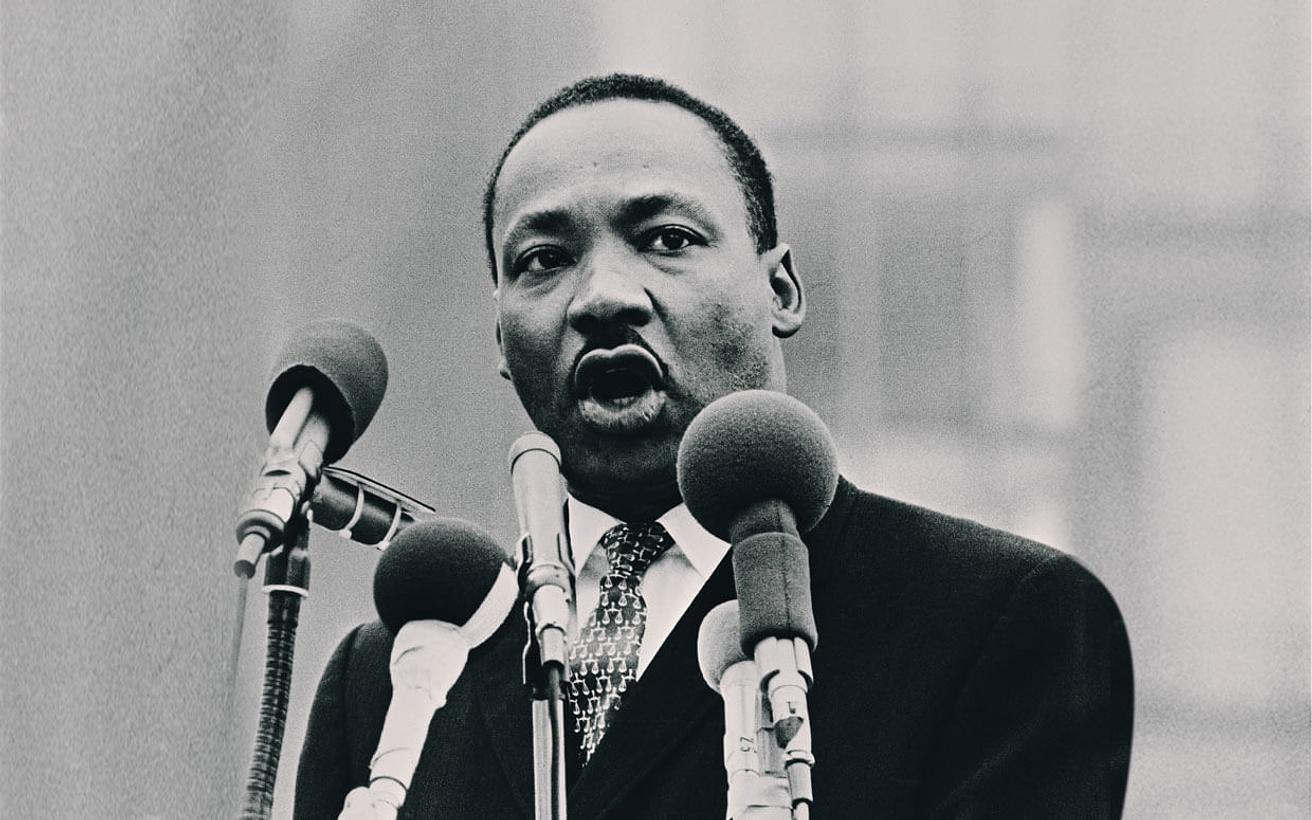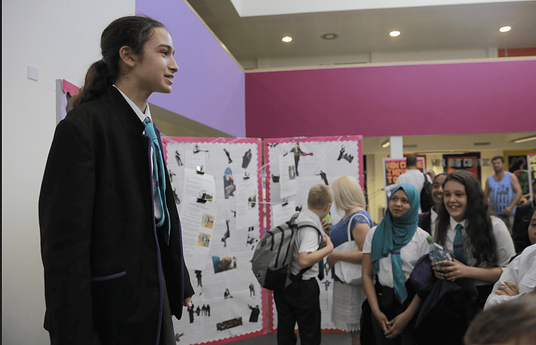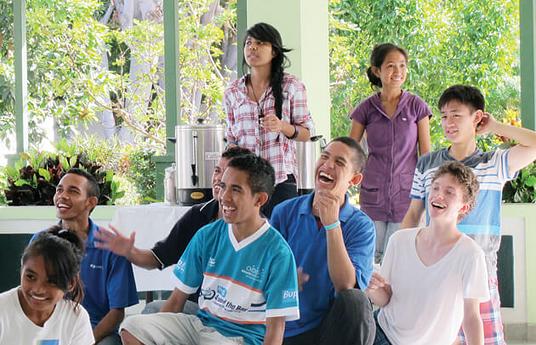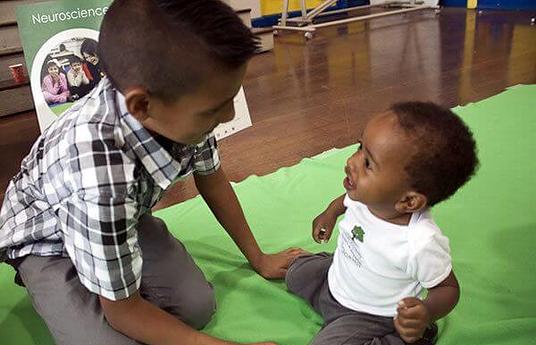In his most famous speech, Martin Luther King Jr declared, ‘I have a dream that my four little children will one day live in a nation where they will not be judged by the color of their skin but by the content of their character.’
It’s been fifty years since the assassination of Martin Luther King Jr, and as anniversaries tend to do, it makes you reflect on the impact of his legacy. Though there has been some progress, race and hate is still a prevalent issue of our time. So what can educators do to utilize their unique position of being in touch with so many children from different backgrounds to uphold the admirable qualities that Martin Luther King Jr fought so hard for?
It can be hard to know what language to use if you’re not used to talking about these issues or aren’t friends with people from different backgrounds so haven’t been exposed to different races. Sometimes it can feel safer not to say anything at all, but this doesn’t help an individual who’s unsure of what language to use or who holds naively racist attitudes. Don’t Guess My Race makes learning about race interactive so that children can learn about the intricacies of race in a safe and informative way.

Students are exposed to photos of people from different backgrounds and quotes from those people, and are then encouraged to say what race they think they are. The web-based program then reveals what the person calls themselves, helping students to learn what is appropriate language and what isn’t. It also helps them to learn about all the many different identities that people identify with – which is certainly not just black and white!
Most of the time, racist attitudes are born out of the idea of ‘the other’ – something, or as in this case, someone different from ourselves. To undermine this harmful idea it’s imperative that people meet others who are different from themselves, even if it isn’t in person. This is where stories can help and what Global Oneness Project aims to achieve. Through their beautiful documentaries and photo essays children are exposed to stories different from their own and to people and cultures from across the world. These can be used to help introduce children to different ways of living whilst also showing them that there is more that connects us than divides us.
New technologies such as virtual realities can also help to expose children to other ways of living and people from different backgrounds. Lyfta is an educational tool that opens the world up to children, specifically so they can meet people different from themselves.
Martin Luther King exampled the wonders and impact of eloquent oracy. We have continued to see the power of public speaking skills, more recently with the speeches given by the Florida high-school survivors who spoke out about gun control after the mass-shooting. Martin Luther King’s granddaughter even joined them in speaking out. Yet still, schools often neglect to teach this powerful skill.
At School 21, public speaking is at the centre of the school’s curriculum. Children are taught the skills of storytelling from their first year and as they grow older they are encouraged to give Ted-style talks. Other teachers can learn about their approach through the corresponding organization Voice 21 that trains and inspires other state schools to adopt similar approaches.
Renowned for his peaceful approach to administering change, what can schools do to instil the same approach – especially in a time when youth violence is on the rise? In Singapore, Initiative for peace is training students to become peacebuilders. Students are trained in vital skills for establishing peace, such as peace and conflict theory, project management, digital literacy and communication. The students then organize and host a conference for youth affected by conflict, tension or gang violence. Each event is residential, meaning that attendees live, learn and eat together. Through this young people get to meet others from different backgrounds whilst learning about how to effectively create peace in their region.
Fifty years on, the world is not the one that Martin Luther King Jr dreamt of, but that doesn’t mean we shouldn’t be hopeful. Across the world, people are implementing amazing projects, techniques and products to help our young people to grow up to be empathetic, knowledgeable and peaceful human beings. It's simply our job to support young people to achieve this.




